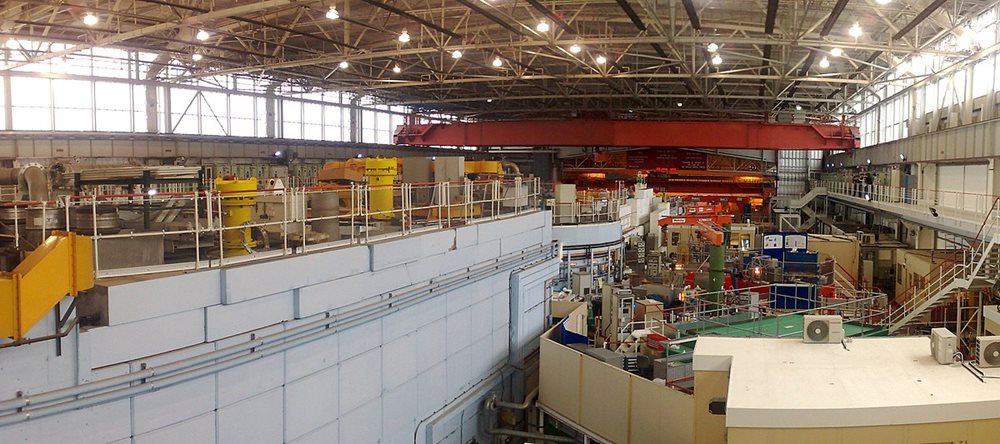FST BLOG
We welcome blogs on issues across Science, Technology, Research and Innovation, and on the activities of the Foundation. To publish a blog on this site, please email communications@foundation.org.uk.
Note: The Foundation for Science and Technology is strictly neutral. Any views expressed in these blogs are those of the authors and not of the Foundation.
Filter: Year 2025
How We Can Use Advanced Materials to Make the UK a Key Link in the Global Semiconductor Supply Chain

- 11 April, 2025
- Business, Technology
- John Tingay
Global supply chains are growing more complex and more fraught, and evidence for that trend is particularly acute in the case of semiconductors. The tiny ‘chips’ encapsulate a world of material, economic and political concerns. However, by investing in advanced materials, there is an opportunity for the UK to establish a substantial foothold in future supply chains.
Read MoreHow Learned and Professional Societies can play a role in evidence-based knowledge sharing

- 21 March, 2025
- Education, General
- Simon Napper
As the proliferation of views, all claiming to be authoritative, has grown over time, so has the need for trustworthy analysis and verification of facts. As guardians of expertise and best practice, Learned and Professional Societies can play a key role in this.
Read MoreAn atom’s eye view inside materials: from cells to circuit boards, and meteorites to magnets

- 7 February, 2025
- Technology
- Dr Rosie de Laune
The UK’s ISIS neutron and muon source has welcomed over 60,000 scientists since it began operations in 1984. The variety of ISIS research is demonstrated in this blog through the perspective of three ISIS scientists who have been fellows of the Foundation Future Leaders (FFL) programme.
Read MoreThe Rise of AI: Opportunities and risks

- 24 January, 2025
- Annabelle, a year 10 student at Invicta Grammar School
AI is revolutionising our world offering incredible opportunities while posing significant risks. This blog investigates the opportunities of an AI driven society and how to mitigate the risks associated.
Read MoreThe Silman Fund - Supporting diversity at our events

- 13 January, 2025
- General
- Gavin Costigan
In the spirit of widening participation to our events, The Foundation is launching 'The Silman Fund'. Our CEO, Gavin Costigan explores how it works and why it is important.
Read More